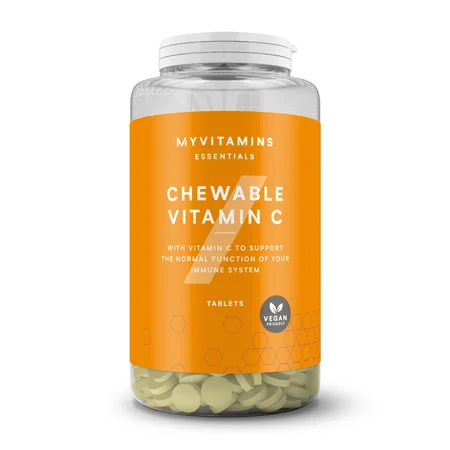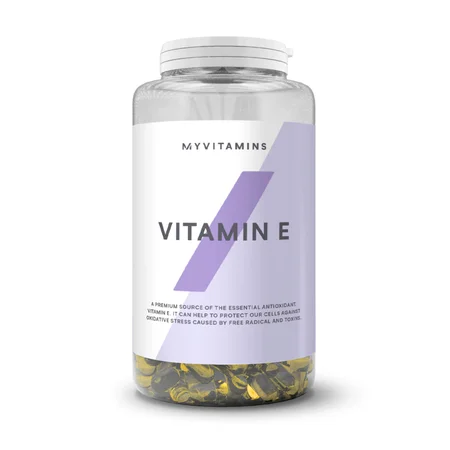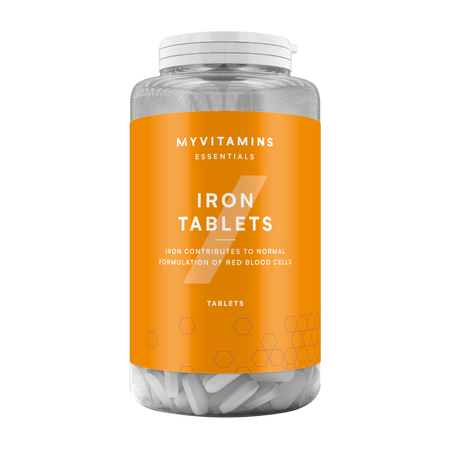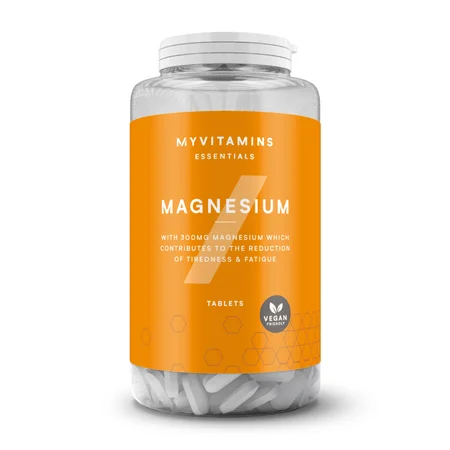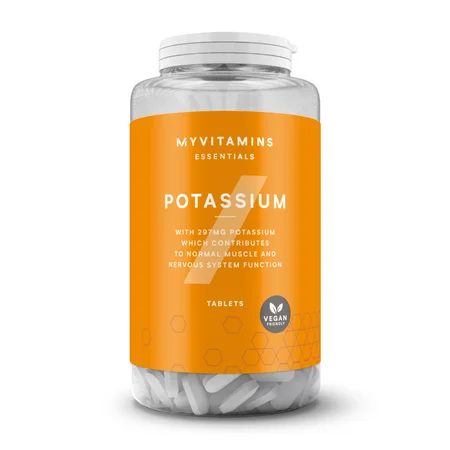The Most Important Vitamins For Teenagers

During our teenage years, our body goes through rapid changes. It's nutritional needs grow but quite often doesn't get the vitamins and minerals it needs because, from skipping breakfast to chocolate and crisps, teenagers aren't known for their healthy and varied diets. So here are the top vitamins for teenagers that you should be taking in your teens.
Can Teens Take Vitamins?
Yes! Although it is important to have a varied diet, it is completely safe and normal for teens and adolescents to take a vitamin supplement too. A study in the Journal of the America Dietetic Association found that "teenagers who take a daily multivitamin supplement have a healthier diet and lifestyle than those who don't take vitamins." This study was the first to look at the relationship between vitamins and teens, particularly their physical activity and weight.
Vitamins For Teenagers
Vitamin A promotes a healthy immune system, protects the eyes, keeps skin healthy, and is essential for growth and development of cells. (1) Food sources include milk, eggs, fortified cereals, liver, peaches, dark green leafy vegetables, and mangoes.
Vitamin C forms collagen that is essential for forming healthy bones, teeth, gums and blood vessels. (2) It also helps absorption of iron and calcium, aids wound healing, and contributes to brain function. Food sources include red berries, kiwi, guava, grapefruit, oranges, red/green peppers, broccoli, and tomatoes.
Vitamin D strengthens bones by aiding the absorption of calcium. (3) This vitamin is manufactured by the body when exposed to sunshine. Food sources include egg yolks, fish oils, fortified milk.
Vitamin E protects cells from damage and maintains the health of red blood cells. (4) Food sources include vegetable oils, leafy vegetables, nuts, avocado, wheat germand whole grains.
Vitamin B12 assists in the production of red blood cells and is important for nerve cell function. (5) Food sources include fish, red meat, poultry, milk cheese, eggs, fortified breakfast cereals.
Vitamin B6 helps with normal brain and nerve function. (6) Food sources include potatoes, spinach, banana, nuts, seeds, red meat, poultry, fish, eggs, fortified cereals.
Thiamin(B1) converts carbohydrates into energy, and helps the heart and nervous system to function properly. (7) Food sources include fortified bread, cereal, pasta, meat, fish, soy foods, dried beans, peas, whole grains (wheat germ).
Niacin(B3) turns food into energy, assists with nerve function, and ensures healthy skin. (8) Food sources include red meat, poultry, fish, hot and cold cereals, nuts.
Riboflavin (B2) is important for good vision, energy production, and the production of red blood cells. (9) Food sources include meat, eggs, legumes, nuts, green leafy vegetables, fortified cereals.
Folate (folic acid or B9) is important for the production of DNA, and is important for the production of red blood cells. (10) Food sources include liver, dried beans, legumes, green leafy vegetables, fortified bread, rice, pasta.
Calcium is essential for strong bones and teeth. (11) The time to build strong bones is during childhood and the teen years, so it's very important to get enough calcium now to fight against bone loss later in life. Weak bones are susceptible to a condition called osteoporosis, which causes bones to break easily. Food sources include milk, yoghurt, cheese, dark green leafy vegetables, fortified foods, soy milk, orange juices.
Iron is important for the transportation of red blood cells carrying oxygen around the body. (12) Symptoms of iron-deficiency anaemia include weakness and fatigue, light-headedness, and shortness of breath. Food sources include red meat, pork, fish, shellfish, poultry, lentils, beans, soy foods, green leafy vegetables, fortified flour, cereals, grains, raisins.
Magnesium helps muscles and nerves function, steadies the heart rhythm, keeps bones strong, helps the body create energy, and makes proteins. (13) Food sources include whole grains, nuts, seeds, leafy vegetables, potatoes, beans, milk, avocado, banana, chocolate.
Potassium helps with muscle and nervous system function and helps the body maintain the balance of water in the blood and body tissues. (14) Food sources include potatoes (with skins), broccoli, citrus and dried fruits.
Zinc is important for normal growth, strong immunity, and wound healing. (15) Food sources include red meat, poultry, seafood, dried beans, nuts, milk, dairy products, whole grains and fortified breakfast cereals.
These vitamins for teenagers are essential during our adolescent years, by helping to support normal growth and keeping us healthy.

(1) Vitamin A contributes to the maintenance of normal vision, skin, and function of the immune system | EU Register Of Nutrition & Health Claims
(2) Vitamin C contributes to normal collagen formation, psychological function, and energy metabolism | EU Register Of Nutrition & Health Claims
(3) Vitamin D contributes to normal blood calcium levels and normal bones | EU Register Of Nutrition & Health Claims
(4) Vitamin E contributes to the protection of cells from oxidative stress | EU Register Of Nutrition & Health Claims
(5) Vitamin B12 has a role in the process of cell division | EU Register Of Nutrition & Health Claims
(6) Vitamin B6 contributes to normal psychological function and functioning of the nervous system | EU Register Of Nutrition & Health Claims
(7) Thiamine contributes to the normal function of the heart | EU Register Of Nutrition & Health Claims
(8) Niacin contributes to the maintenance of normal skin and psychological function | EU Register Of Nutrition & Health Claims
(9) Riboflavin contributes to normal energy-yielding metabolism | EU Register Of Nutrition & Health Claims
(10) Folate has a role in the process of cell division | EU Register Of Nutrition & Health Claims
(11) Calcium is needed for the maintenance of normal bones and teeth | EU Register Of Nutrition & Health Claims
(12) Iron contributes to normal oxygen transport in the body | EU Register Of Nutrition & Health Claims
(13) Magnesium contributes to normal protein synthesis, functioning of the nervous system, and muscle function | EU Register Of Nutrition & Health Claims
(14) Potassium contributes to normal muscle function | EU Register Of Nutrition & Health
(15) Zinc has a role in the process of cell division and contributes to the normal function of the immune system | EU Register Of Nutrition & Health
